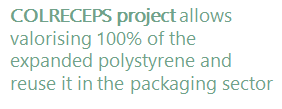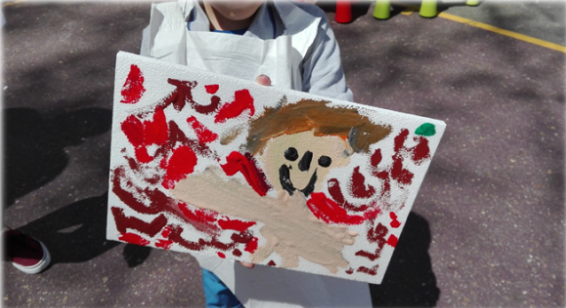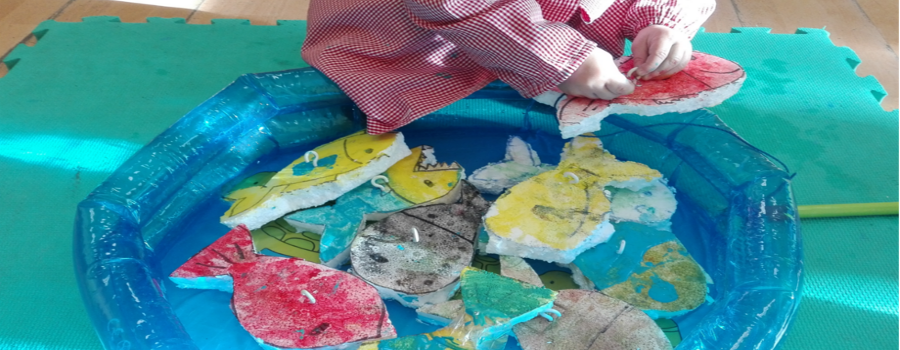Last June 15 was a double celebration day in CARTIF. On the one hand, we celebrated the 25th Anniversary of the LIFE Programme, the EU’s funding instrument for the environment and climate action. It has passed 12 years for us since the first time we applied our first project to this call, and since then, we have participated in 20 projects, most of them related to the concept of air quality, circular economy and environmental footprints. We detail our on-going projects here.

CARTIF has never been the only beneficiary of these projects. The collaboration with many other entities is behind all of them and, that day, we were lucky for having several adventure partners at our headquarters, which made the celebration much more productive in terms of networking. Thanks from here to all of them!
And with 20 projects developed in 12 years … what have we learned?:
- These projects have always the same three-phase sequence: proposal, project and post-project and all of them deserve the same attention and efforts.
- (Taking advantage of the fact that LIFE program is not hearing now) The equation replicability + long-term sustainability + impacts is the key point which can make that this year your proposal wins.
- And we have realized that we are a great team in CARTIF!
On the other hand, LIFE COLRECEPS project also celebrated its final conference, presenting publicly what we have achieved after 45 intense months of implementation, involved in the exciting world of expanded polystyrene.

Do you remember what we told you about recycling plastics some time ago? Until now, the recovery process for this waste was mechanical. One method is pressing the waste for briquettes manufacturing and ship them to China (think about the high environmental impact of this transport). The other is by grinding to reuse only 2% as part of new products. With this project, we have implemented a new recycling technology (unique in Europe) that allows valorising 100 % of the waste and obtaining new grit of EPS, suitable for use it in the manufacture of new plastics products used in the packaging sector. So, we achieve closing the life cycle of this plastic waste.
In addition, we have been able to develop a comprehensive database about the generation of this waste in Valladolid (202 t/year are produced!) and we have become aware of the difficulty in its quantification because, even today, asking companies how many waste they produce is a no-no.
Tuqueplast and Grupo Dia are the partners that have reached the end of the project beside us, sharing some issues during the execution. The implementation of the pilot plant in Turqueplast facilities has given us some headaches but during the workshops carried out with children, we have laughed a lot:
Call him Pepito, 7 years old, in response to the question “do you know in which recycling bin we should put into plastics?” he told us “of course! where my mother says!“).
Alicia Aguado & Laura Pablos
- The hide challenge of the eolic energy: what we do with the wind turbines blades? - 16 April 2025
- About recycling, celebrations and children - 4 July 2017
